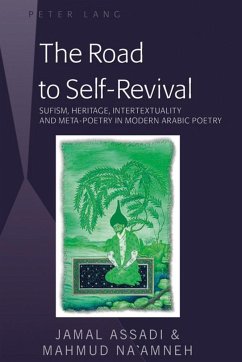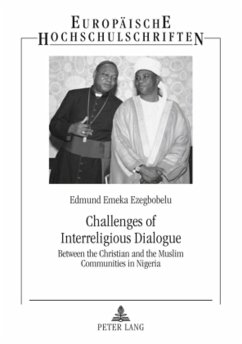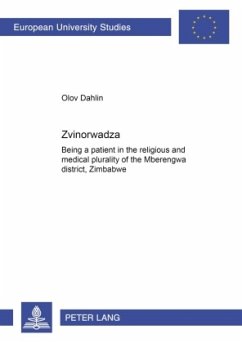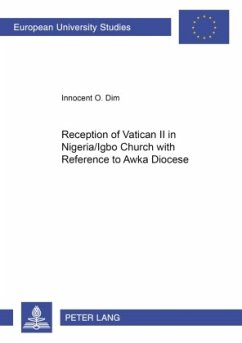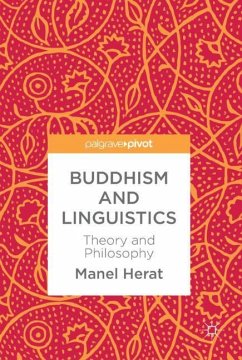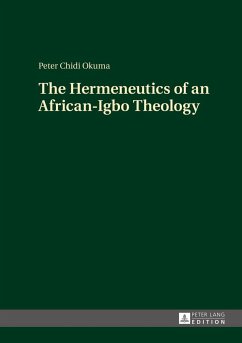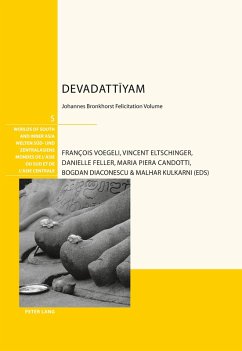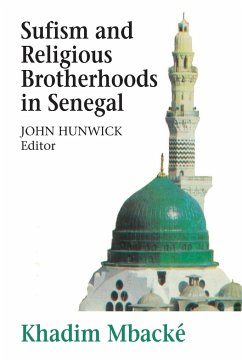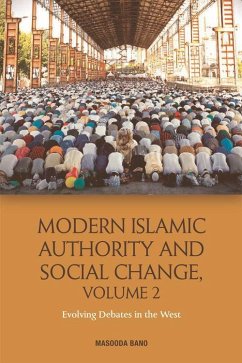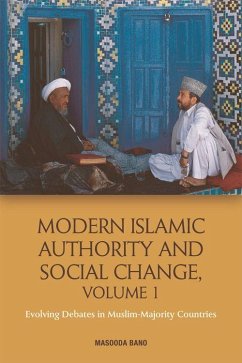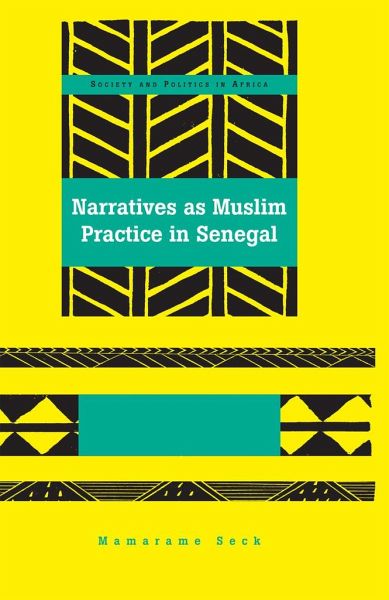
Narratives as Muslim Practice in Senegal

PAYBACK Punkte
0 °P sammeln!
Sufi oral discourse in Senegal is overwhelmingly dominated by stories about past and current shaykhs. An important corpus of oral narratives about Sufi clerics is not only (re)told by Sufi speakers throughout Senegal but also in the Senegalese diasporas in the Americas, Asia, and Europe. These accounts are interwoven by multiple speakers among followers of Senegalese Sufi brotherhoods and passed down from generation to generation in Senegal and its diasporas. The weaving together and spreading of such texts themselves are part of the Sufi praxis. These oral texts, deeply rooted in their contex...
Sufi oral discourse in Senegal is overwhelmingly dominated by stories about past and current shaykhs. An important corpus of oral narratives about Sufi clerics is not only (re)told by Sufi speakers throughout Senegal but also in the Senegalese diasporas in the Americas, Asia, and Europe. These accounts are interwoven by multiple speakers among followers of Senegalese Sufi brotherhoods and passed down from generation to generation in Senegal and its diasporas. The weaving together and spreading of such texts themselves are part of the Sufi praxis. These oral texts, deeply rooted in their context of production, which dictates their form and functions, are still generally unknown to scholars of Islam in Senegal and West Africa. By filling this gap, this book contributes to the discourse of religions in general and Sufi Islam in particular.





